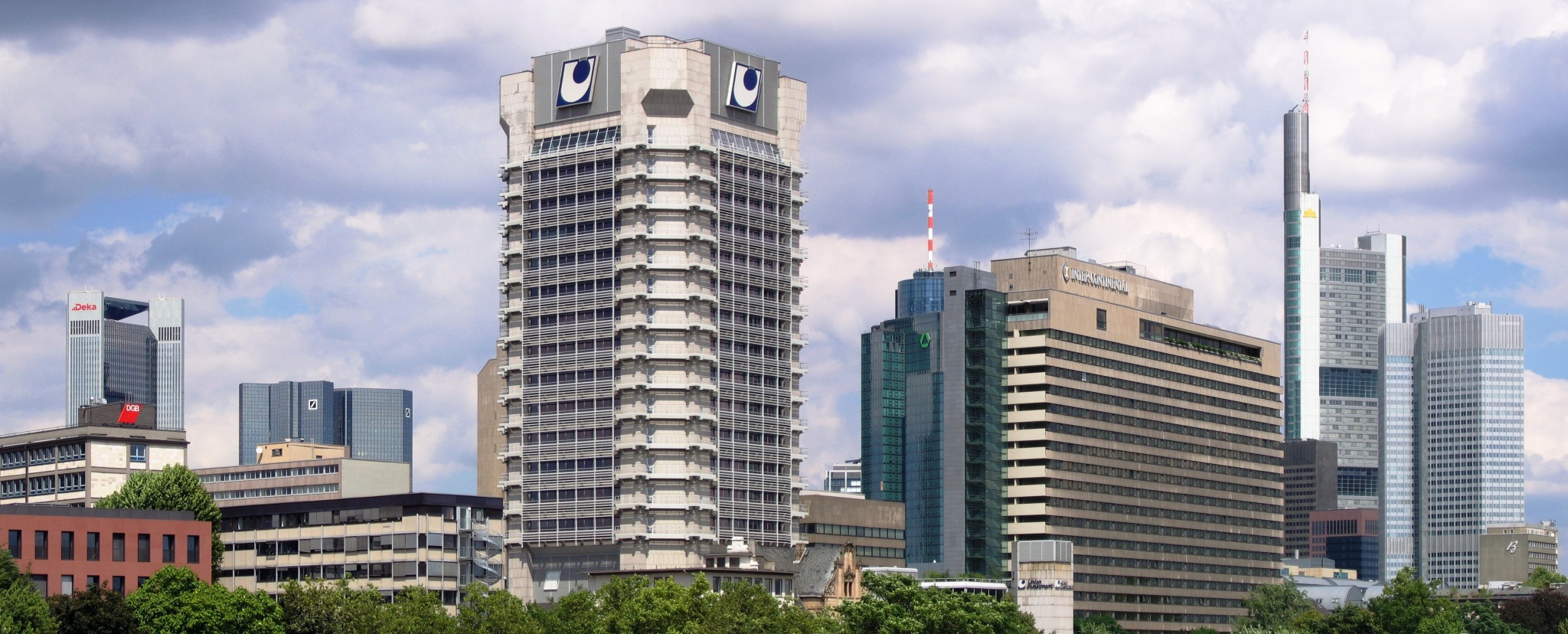The centralized GST was introduced on 1st July 2017. Since it has come a long way to date, we have compiled how GST actually affected the coworking spaces in India. From input tax credit to taxable and non-taxable entities for Coworking spaces, Coworkers, and freelancers, our GST facts for plug and play offices are stunning!
How GST affected Coworking Spaces?

Experts say GST is the perfect solution to save costs for coworking spaces. How has it really affected the savings of coworking spaces in India as well as the coworkers in it? Explore now!
1. Transparent Input Credit
Do you know how GST has affected shared office spaces? For registered coworking spaces in India, GST will be used by the staff as input credit. On the other hand, if you’re an unregistered coworking space, input GST disappears, bearing additional charges. In such a case, GST becomes expensive for coworkers, freelancers, and startups.
Earlier, the coworking agreement levied on the Service Tax by the builder or developer for the facilities provided in a plug and play offices. Now developers will avail GST on facilities and other services such as mail handling and housekeeping or janitorial alternative. For freelancers and coworking staff, GST will levy a tax on all capital materials in the coworking space.
2. Taxable Facilities in Coworking Space
What do you really need to pay GST for in the coworking spaces? The taxable items in a coworking space are a fee of membership, internet, and other facilities. In addition, if you offer reimbursements for your staff or freelancer, it must be charged by GST. Moreover, GST affected the coworking spaces to save substantial amounts in the long-term settlement of the business or startup.
3. Non-Taxable Amenities in Coworking Spaces
What are the coworking facilities that are not taxable by GST?
Any amount collected as a security deposit from the co-worker or staff is not taxable by GST. However, if you use the security deposit to pay the overdue rent of the coworking spaces, it will be taxed.
4. Better for Startups
From low tax to ease of setup, GST has opened up a plethora of options for startups. Your cross-border transactions and transportation costs will fall by huge margins. Moreover, the cost of production will decrease for startups in India.
5. New Tax
While startups with a turnover of more than 5 Lakh INR had to submit tax, today only startups with more than 20 Lakh in turnover need to. Moreover, a single tax for all products and services is also used in 2018. Unlike earlier, you don’t need to separately pay Service Tax and VAT (value-added tax) anymore. This is because GST for coworking spaces is set to 18% since July 2017.
The Real Estate Expert Says ….

If electricity and water were included in GST, you wouldn’t have to pay additional taxes. GST affected Coworking spaces for the better good. Now, startups can save money on initial taxes and focus on growing the business.
Book your FREE consultation with commercial real estate agents to discuss GST for coworking spaces in India.

